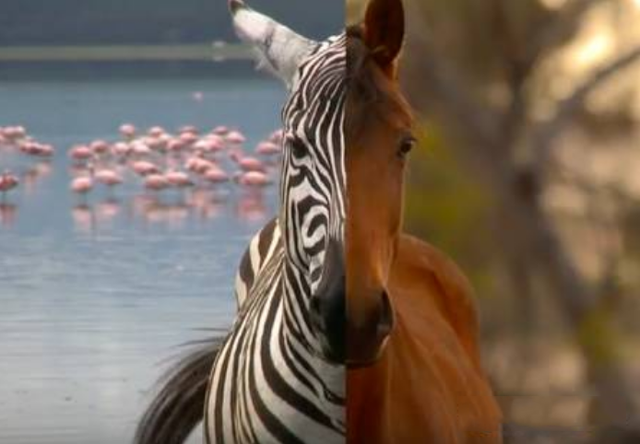Zebras have black and white stripes on their bodies, which makes them a bit higher in face value than horses, and they are not small enough to carry a lot of weight, and the bottom line is that today there are three species and nine subspecies of zebra, and a lot of them in the wild.
If that's the case, why don't africans tame them to use as mounts? Let's have a chat about this interesting question.
Zebras are not horses
Unlike "Crocodiles are not fish", however, zebras are very closely related to horses, and are both members of the equine genus equidae, which are genetically similar to lions and tigers.
Although the equine family once flourished with no less than 20 different species, only one genus and three major groups of eight animals survive today, namely horses, donkeys and zebras.
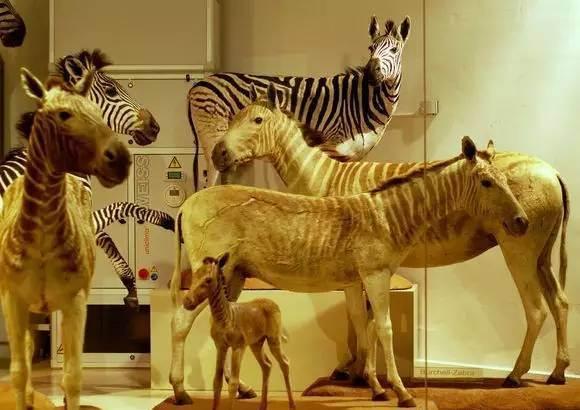
The zebra first evolved from the proto-horse about 4 million years ago, which means that it has been separated from its close relatives such as the donkey and the horse for at least 4 million years, and over that time, in different environments, they have become very different (genetically and cosmetically) from other members of the equine family.
However, the zebra is not alone on the african continent, as there is also the african wild ass running across the east african grasslands, which is the wild ancestor of our present-day domestic donkey, although the african wild ass is now an endangered species.
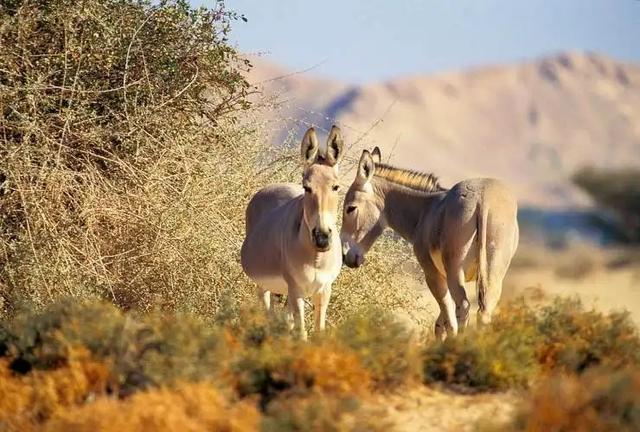
African wild ass
Although zebras are one of the most common animals we see in many african wildlife documentaries, their survival status is actually not too promising. There are three types of zebra currently active in the wild in africa: The plains zebra (also known as the common zebra), the mountain zebra and the fine-striped zebra. Of these three species, all but the plains zebra and the other two are endangered.
Although all three species have black and white stripes, there are some differences in their appearance. The mountain zebra, which is mainly found in south-western africa, is most characterised by the absence of stripes on its belly, which is white in colour, and the thick and sparse markings on its rump.
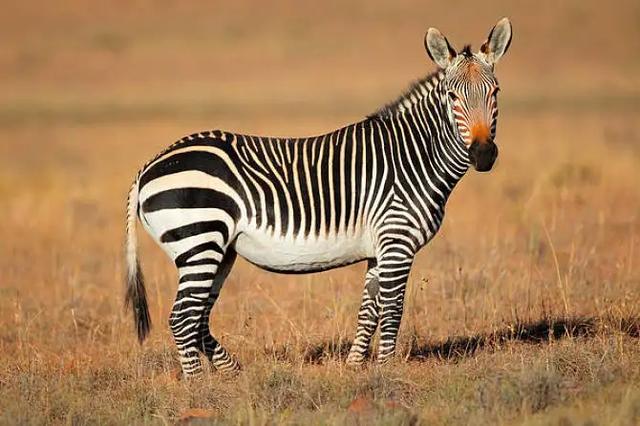
They are mainly found in the semi-arid grasslands of kenya and northern ethiopia, and are characterised by dense, narrow markings and a relatively uniform pattern of markings throughout their bodies.
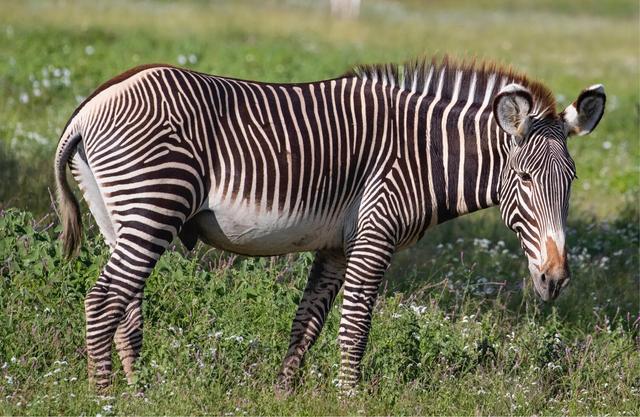
Lastly, the plains zebra is the most abundant zebra in existence, and is widely distributed in the grasslands of south and east africa, with as many as six subspecies (one extinct), its most characteristic feature being that its entire body is covered with markings, including its belly.
Zebras and donkeys are therefore animals in the equine genus equidae, but neither of them is a horse, and zebras are not the only equines in africa, there are also african wild asses, the ancestor of our domestic donkeys, that survive here. Although zebras are not very numerous today, at one time they could be said to have been found all over the african savannah, with huge populations. (the picture below shows a plains zebra)
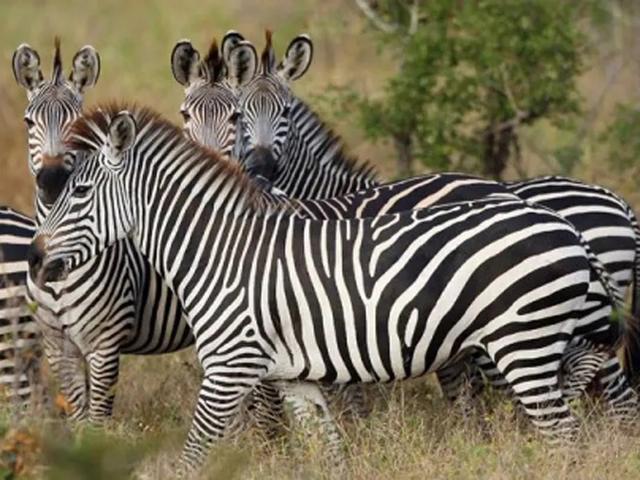
Why didn't africans tame zebras to ride?
From the point of view of human evolution, africa is the place where mankind originated and has since migrated many times before branching out on other continents, so it stands to reason that there is also a need for domestic animals that can be ridden like horses, and the best choice would obviously be the zebra, which is genetically closest to the horse. But why didn't africans domesticate the zebra? Let's look at the reasons from three angles.
Firstly: The wildness is difficult to tame. Although zebras are herbivores, their temperament is very fierce, and this is related to their living environment. After all, zebras live in the african savannah, where there are not only big cats such as lions and leopards, but also predators such as hyenas and african wild dogs that live in packs, so if you want to survive, you either have to be able to run or be desperate enough.
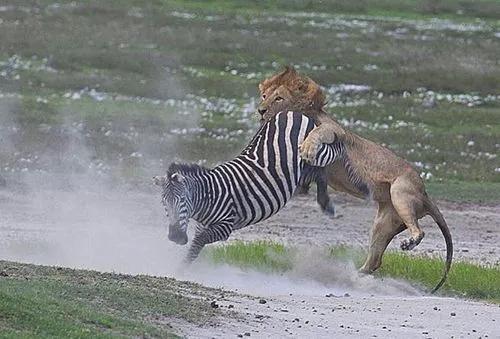
The zebra clearly falls into the latter category, as the fastest speed at which the large zebra can run is only about 65 km/h. This speed is not enough to shake off predators such as lions and leopards, so when they encounter a predator, they also run first, but once they are approached, they start to fight back, and in addition to the stomping of their hind legs, the zebra's mouth bite is also deadly.
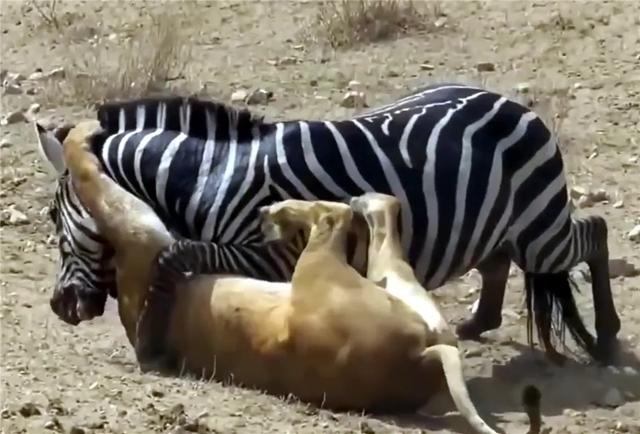
It is this brutal existence that has given the zebra characteristics such as timidity (scaring away at the sound of a noise) and aggressiveness, which makes them very difficult to domesticate. This was tested by the europeans over 500 years ago, when the european colonisation of africa also looked at zebras and found that only a few were able to serve briefly under the threat of violence, the majority of the rest were unruly and untamed.
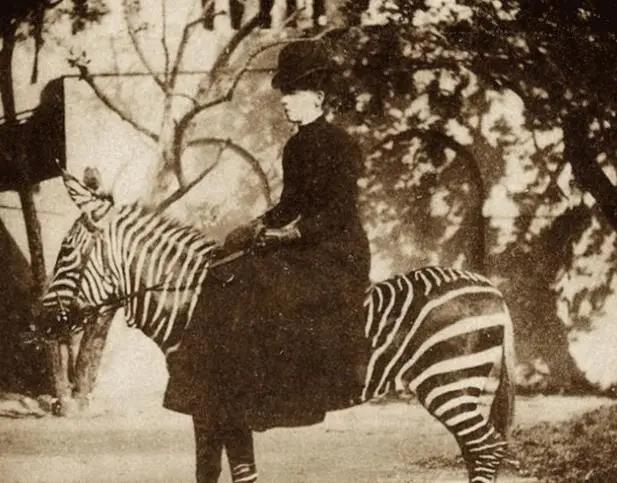
Second: Preconceptions. The first rideable animal domesticated by humans was the donkey, and the domestic donkey was domesticated from the african wild ass, about 7,000 years ago, with the earliest domestication taking place in egypt. After the donkey was domesticated, it was the main means of riding, in addition to being able to carry loads and transport goods.

After the successful domestication of the donkey, africans did not domesticate any other ridable animals, which has a lot to do with the above mentioned wildness being difficult to tame, but mainly with preconceptions, so the domestication of the horse happened after the donkey and in the eurasian steppe, which has little to do with africa.
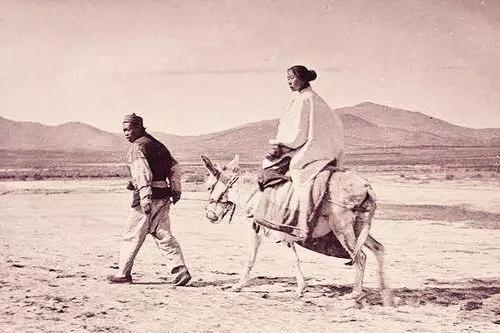
Third: Habits. Zebras are herd animals, and communication between their members relies mainly on a variety of calls, which makes them very fond of barking and hissing loudly, somewhat like a donkey's call, but harsher and more frequent than a donkey's call, in addition to the fact that zebras are morning and evening animals, and they are most active in the early morning and late afternoon.
When domesticated, they also hiss at a high frequency, a habit that can be difficult to accept - after all, donkeys are so unpleasant to hear, and they tend to startle people when they bark at night.
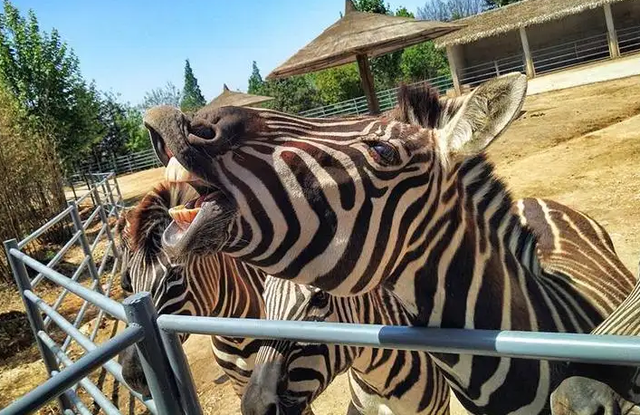
The zebra is not a horse, but a close relative of the horse. And the zebra is not alone in africa, it has the african wild ass to keep it company, and although there are quite a few zebras, they have never been successfully domesticated, which has a lot to do with the fact that donkeys and horses were domesticated first, the wild nature of the zebra being difficult to tame and their penchant for howling.
In addition to these factors, of course, the zebra's poor stamina may also be the reason why they have not been domesticated. Finally, there is both chance and necessity in the success of animal domestication, chance in the sense that human ancestors may have domesticated countless species of animals, and necessity in the sense that there are always some animals that will be domesticated, and equally there are always some that cannot be domesticated.


